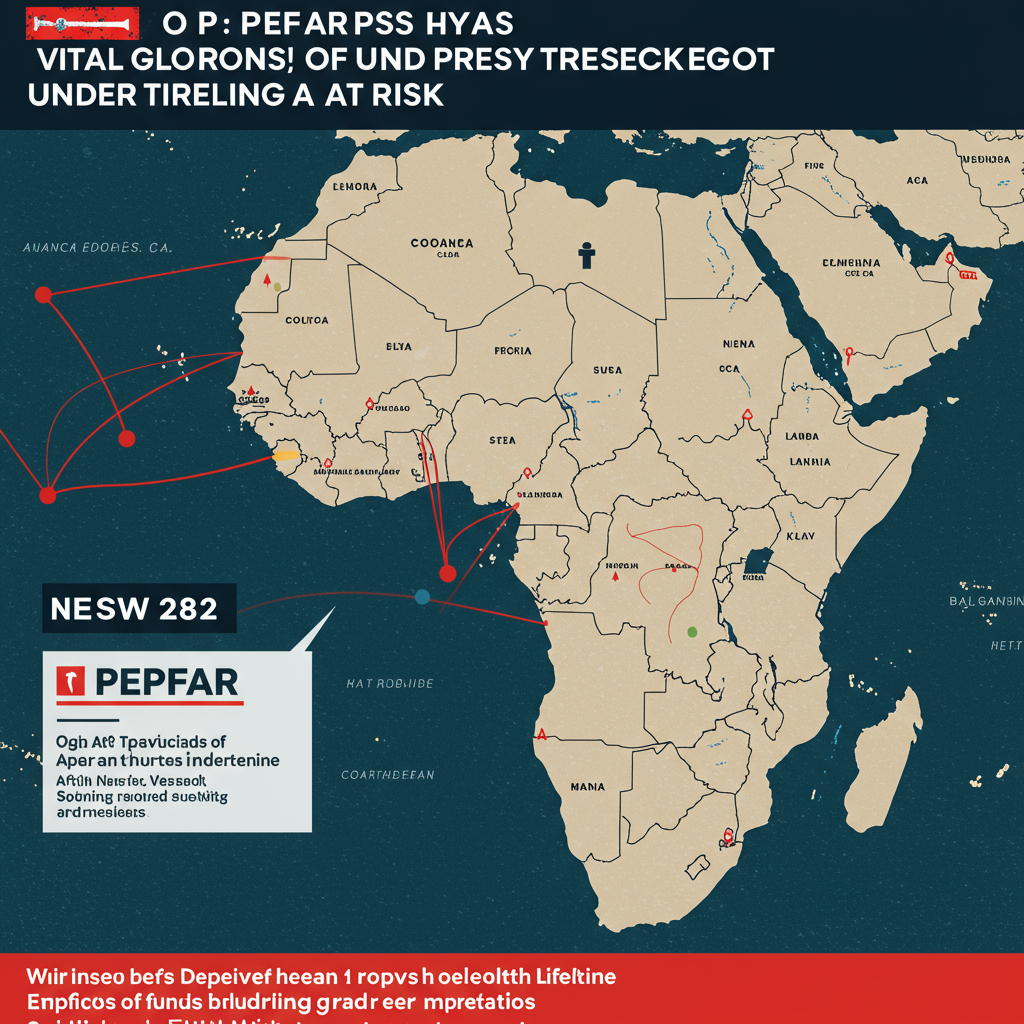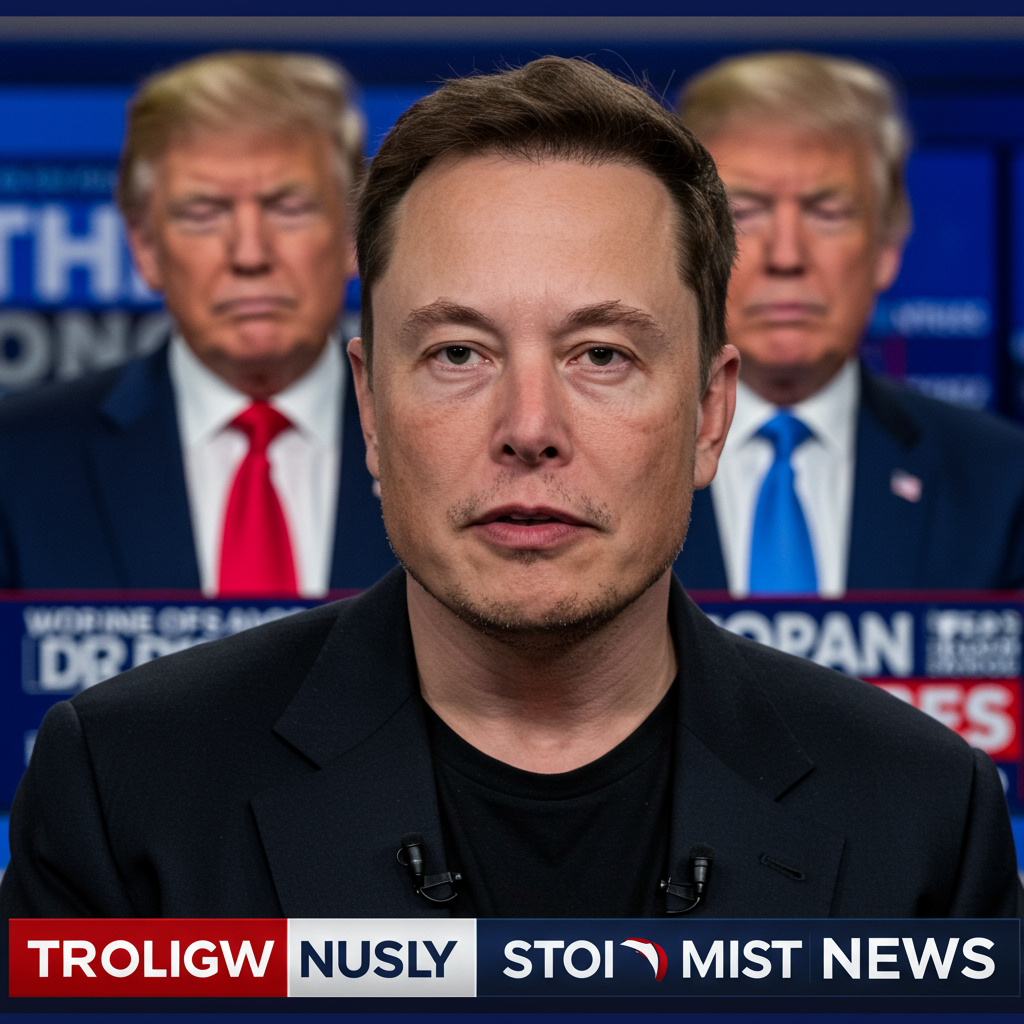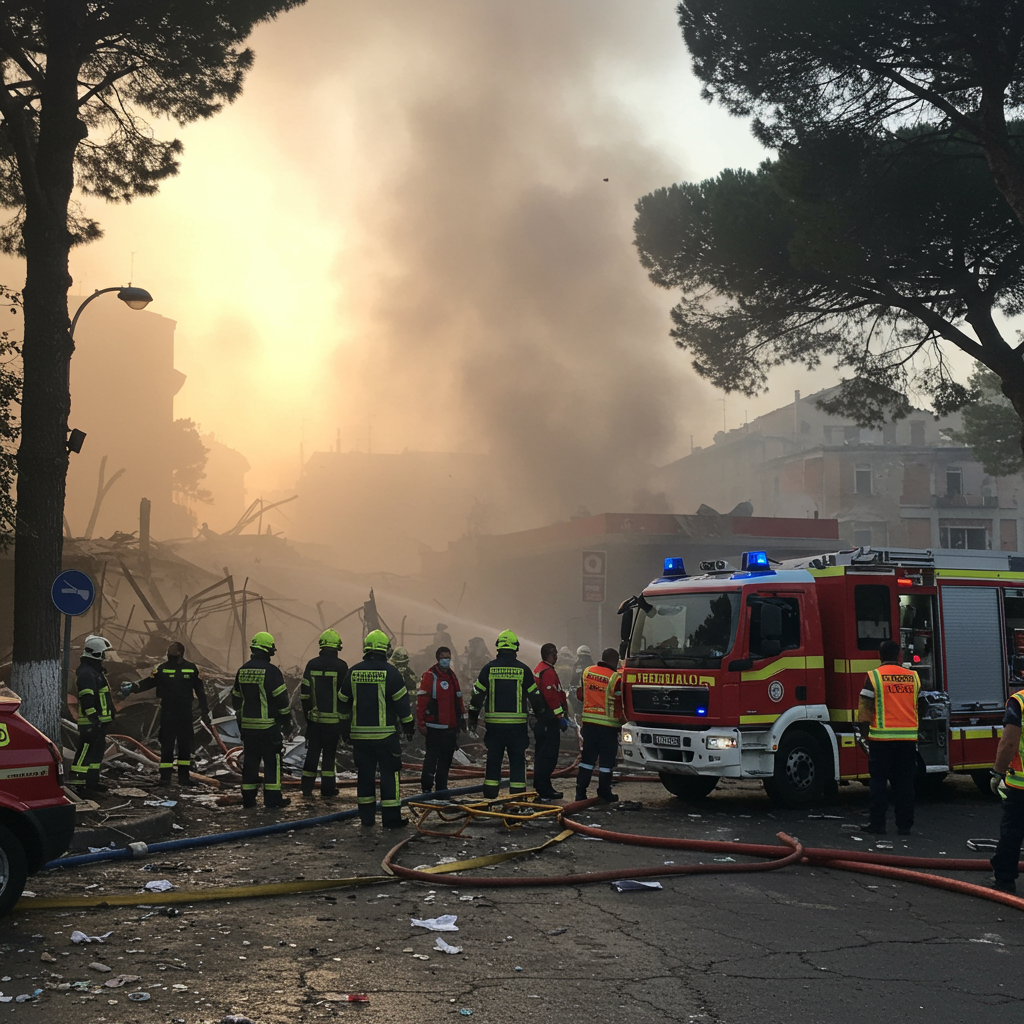North Korean leader Kim Jong Un has publicly pledged “unconditional support” for all of Russia’s actions concerning the conflict in Ukraine. This significant declaration came during high-level strategic talks held in North Korea with visiting Russian Foreign Minister Sergey Lavrov. The meeting underscores the rapidly deepening alliance between the two heavily sanctioned nations, a relationship increasingly vital to Moscow’s ongoing military efforts.
Lavrov’s three-day visit included extensive discussions aimed at strengthening the strategic partnership between Pyongyang and Moscow. The encounter between Kim and Lavrov took place in the eastern coastal city of Wonsan. This location also hosted the second strategic dialogue between Lavrov and his North Korean counterpart, Choe Son Hui, focusing on enhancing cooperation under a comprehensive strategic partnership treaty signed the previous year. This pact reportedly includes a mutual defense clause, cementing a closer military and political alignment.
Pyongyang’s Unwavering Commitment to Moscow
Addressing Foreign Minister Lavrov, Kim Jong Un framed Pyongyang’s stance as essential for global peace and security. He asserted that the steps taken by North Korea and Russia are a necessary response to the drastically changing global geopolitical landscape. North Korean state media, KCNA, reported Kim’s explicit reaffirmation of support. He stated that the Democratic People’s Republic of Korea (DPRK) stands ready to “unconditionally support and encourage all the measures taken by the Russian leadership.” This support is specifically aimed at “tackling the root cause of the Ukrainian crisis,” according to the official North Korean account.
Kim expressed strong confidence in Russia’s military and populace. He conveyed his firm belief that they would achieve victory. This victory, he suggested, would be in accomplishing the “sacred cause of defending the dignity and basic interests of the country.” The public show of solidarity during Lavrov’s visit reinforces North Korea’s position as one of Russia’s most reliable international partners amid widespread condemnation and sanctions over the Ukraine war.
Deepening Alliance Amid Global Tensions
Relations between Russia and North Korea have surged dramatically over the past two years. This period coincides directly with the full-scale Russian invasion of Ukraine, which began in February 2022. Pyongyang has become a critical supplier of military hardware and personnel to Moscow. Reports indicate North Korea has dispatched significant aid. This includes providing tens of thousands of troops and various arms to bolster Russia’s forces. Furthermore, North Korea has agreed to send thousands of military engineers and construction workers. These personnel are intended to assist with reconstruction efforts in war-affected Russian regions. This military and logistical support highlights the practical dimension of their burgeoning alliance.
The military cooperation intensified following a rare summit. Russian President Vladimir Putin visited North Korea in 2024. That visit culminated in the signing of the comprehensive strategic partnership treaty. This agreement solidifies their commitment to mutual support, particularly in defense. Both nations, facing international isolation and sanctions, find common ground in opposing perceived Western dominance. Their deepening ties are viewed by Western powers as a significant security concern. There are particular worries about potential Russian technology transfers to North Korea’s nuclear and missile programs in exchange for military aid.
Strategic Dialogue and Future Prospects
During the recent meeting in Wonsan, Kim Jong Un and Sergey Lavrov discussed “important matters.” These discussions focused on faithfully implementing the agreements made at the “historic DPRK-Russia summit talks in June 2024.” This suggests ongoing coordination on issues agreed upon by the two leaders. According to Russia’s state news agency TASS, Lavrov also conveyed a message from President Putin. Putin reportedly expressed a desire for continued direct contacts with Kim Jong Un in the near future. This indicates a commitment to maintaining high-level engagement between the leaders.
The expanding relationship extends beyond military and political spheres. Ahead of Lavrov’s visit, Russia announced plans for increased connectivity. This includes the introduction of twice-a-week flights between Moscow and Pyongyang. Lavrov also commented positively on Wonsan. He lauded it as a “good tourist attraction.” He expressed hope that the coastal resort would become popular not only locally but also with Russian visitors. Russian media has speculated about potential future economic projects. These could involve reviving direct train links and potentially building a bridge over the Tumen River. Such infrastructure projects would further integrate North Korea with Russia and China, signaling a broader ambition to strengthen regional ties.
Warnings and Justifications
During his visit, Lavrov also used the platform to issue warnings. He cautioned the United States, South Korea, and Japan against forming a security partnership targeting North Korea. He accused these countries of military buildups near North Korea’s borders. Lavrov advised against exploiting these ties to create alliances directed at either North Korea or Russia. His statements reflect the increasingly confrontational stance of the Russia-North Korea bloc towards the US and its regional allies.
Addressing concerns about Russia potentially transferring sensitive technology to Pyongyang, Lavrov offered a justification for North Korea’s nuclear program. He claimed that North Korea’s nuclear technologies were developed domestically by its own scientists. Lavrov reiterated Russia’s respect for North Korea’s aspirations. He stated that Moscow understands Pyongyang’s reasons for pursuing nuclear development. This public stance by Russia provides political cover for North Korea’s controversial weapons programs and further solidifies their alignment against international pressure. The joint statement issued by Lavrov and Choe Son Hui also reportedly included pledges of mutual support to safeguard national sovereignty and territorial integrity, reinforcing their united front.
Frequently Asked Questions
What is the significance of North Korea’s “unconditional support” for Russia?
North Korea’s pledge of “unconditional support” signals a deep and unwavering political commitment to Russia’s actions in Ukraine. It goes beyond simple diplomatic backing, implying potential readiness to provide any assistance deemed necessary by Moscow, including military aid and personnel. This level of support highlights the strategic importance of the Russia-North Korea alliance for both nations, particularly as Russia seeks resources for its war effort and North Korea finds a powerful ally against international pressure and sanctions.
Where did the meeting between Kim Jong Un and Sergey Lavrov take place?
The meeting between North Korean leader Kim Jong Un and Russian Foreign Minister Sergey Lavrov occurred in Wonsan, a coastal city located in eastern North Korea. Wonsan is known for its newly developed resort area. The meeting also included the second strategic dialogue between the foreign ministers of both countries. This specific location underscores the importance North Korea places on showcasing certain areas while hosting high-profile foreign dignitaries.
How has the North Korea-Russia alliance deepened recently, and what are the implications?
The North Korea-Russia alliance has deepened dramatically over the past two years, coinciding with the war in Ukraine. Key developments include Pyongyang supplying Russia with significant military aid (troops, arms, engineers), signing a mutual defense pact in 2024, and increasing connectivity (direct flights). The implications are significant: it provides Russia with critical resources for the Ukraine conflict, offers North Korea a powerful political and potentially technological ally, and shifts regional security dynamics, intensifying concerns among the US and its Asian allies.
Conclusion
North Korea’s clear and public pledge of “unconditional support” for Russia in the Ukraine war marks a critical moment in the evolving relationship between the two nations. The meeting between Kim Jong Un and Sergey Lavrov in Wonsan underscored the strategic depth of their alliance. Fuelled by mutual isolation and shared geopolitical opposition to Western powers, the bond between Pyongyang and Moscow is strengthening across military, political, and even nascent economic fronts. As Russia’s conflict in Ukraine continues, the practical and political support provided by North Korea is set to play an increasingly significant role, further complicating international efforts to pressure both regimes.
Word Count Check: 945 words



